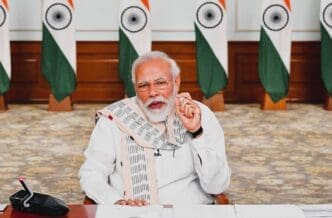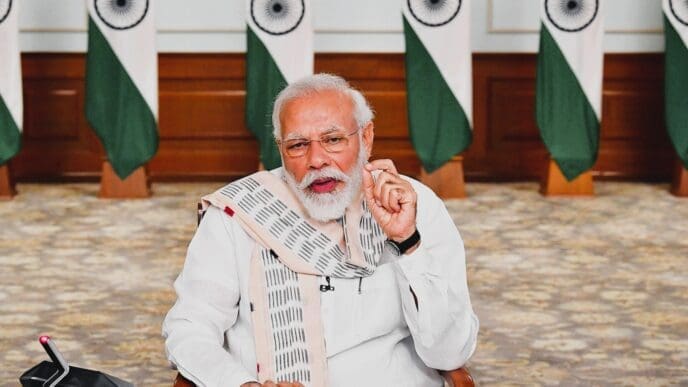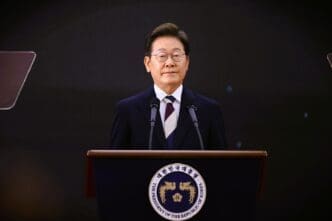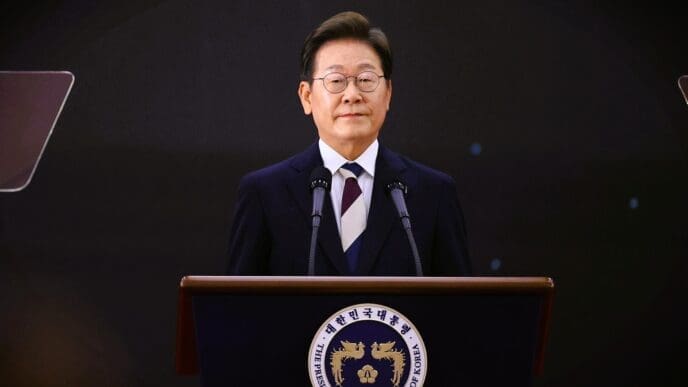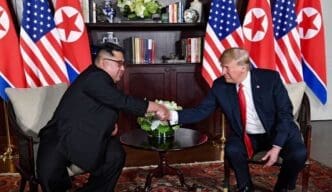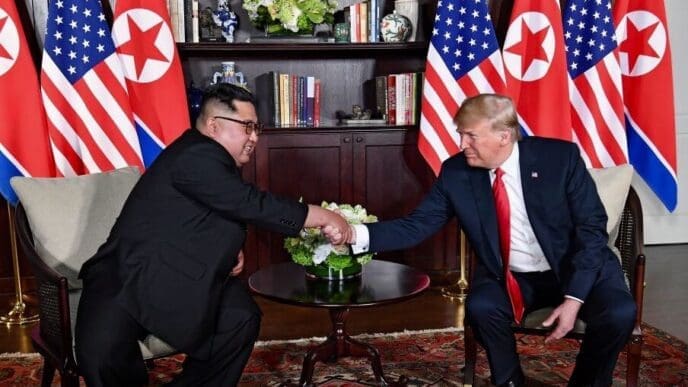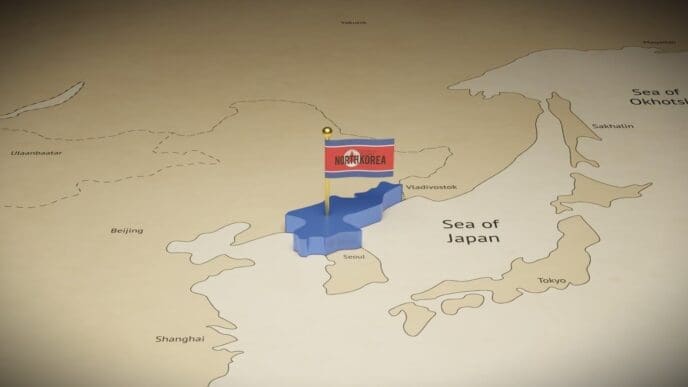JOHANNESBURG — Next week, South African President Cyril Ramaphosa is scheduled to visit Washington, D.C., where he will hold discussions with President Donald Trump at the White House. According to a statement from Ramaphosa’s office, the primary aim of the meeting is to address “bilateral, regional, and global issues of interest” between the two nations.
The context of this high-profile meeting is marked by a significant downturn in U.S.-South Africa relations, unprecedented since the dismantling of apartheid. President Trump has been vocal about his criticisms of South Africa, alleging that severe injustices are occurring within the nation. He notably extended an invitation to Afrikaners to seek refugee status in the United States. Recently, 59 white South Africans arrived in Washington via a government-chartered flight, reflecting this invitation.
Ramaphosa’s office views the upcoming visit as an opportunity to “reset the strategic relations” between the U.S. and South Africa, which have been strained by several developments. Earlier in the year, President Trump issued an executive order to halt all aid to South Africa, a move justified by the South African government’s legal actions against Israel for alleged genocide in Gaza. The order also referenced unsubstantiated claims of racial persecution against Afrikaners.
The arrival of the Afrikaner group in the U.S. was met with an unusually warm welcome by the Trump administration, including high-ranking officials. This reception, which included public displays of American patriotism, drew parallels to historic emigrations and raised eyebrows among South Africans. President Ramaphosa criticized the group, suggesting they were unwilling to embrace the new South Africa under Black-majority rule.
In recent communications, Ramaphosa has disputed claims propagated by President Trump and his advisor Elon Musk regarding the treatment of Afrikaners in South Africa. He emphasized that South Africa has historically been a place where European colonizers settled and were never expelled.
Despite attempts at clarification, the U.S. administration has maintained its critical stance towards South Africa, notably abstaining from G20 events hosted by the country in its current presidency. Earlier this year, Secretary of State Marco Rubio expelled the new South African ambassador, citing allegations of racial politics.
Ramaphosa, known for his negotiation skills from the apartheid era, approaches the upcoming meeting with caution. Concerns abound among South Africans that the meeting might mirror President Trump’s contentious encounter with Ukrainian President Volodymyr Zelenskyy, potentially undercutting Ramaphosa’s diplomatic efforts.




